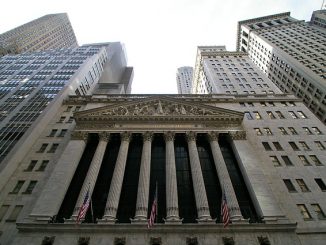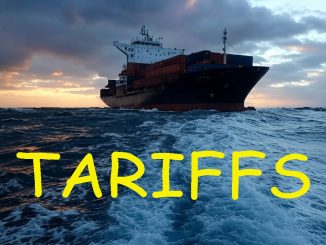- President Donald Trump told NBC News he is unconcerned about car industry price increases due to new tariffs on foreign-made autos effective April 2, believing they will boost sales of American-made cars.
- He emphasized that the permanent tariffs aim to strengthen U.S. manufacturing and reduce the trade deficit, hoping higher foreign car prices drive consumers to domestic options.
- Trump indicated he would only negotiate tariff adjustments if offered “something of great value,” reflecting his broader trade policy focus amid criticism from international leaders.

U.S. President Donald Trump’s recent comments to NBC News reveal a bold stance on his administration’s tariff strategy, particularly regarding foreign-made automobiles. He expressed indifference to potential price hikes by car industry executives, stating he “couldn’t care less” if they occur, as the White House gears up to implement new tariffs on consumer goods, including autos, starting April 2. Trump views these permanent tariffs as a catalyst for boosting U.S.-based manufacturing, confidently predicting they will drive consumers toward American-made vehicles. “I hope they raise their prices, because if they do, people are gonna buy American-made cars,” he told NBC, framing the policy as a win for domestic factories and a tool to shrink the trade deficit.
This approach underscores Trump’s broader trade agenda, which has consistently prioritized American manufacturing over concerns about consumer costs or international backlash. The tariffs, set to hit a range of goods, have already sparked criticism from global leaders wary of their economic ripple effects, yet Trump remains steadfast. He hinted at flexibility only if trading partners offer “something of great value” in negotiations, signaling a high bar for any concessions. This hardline posture aligns with his presidency’s focus on reshaping trade dynamics, often at the expense of strained relations with major partners.
The policy’s implications are multifaceted: while it aims to bolster U.S. car sales and factory output, it risks escalating tensions with countries reliant on auto exports to the American market. Trump’s gamble hinges on the belief that higher prices on foreign cars will steer demand domestically, a theory rooted in his long-standing emphasis on economic nationalism. As April 2 nears, the business community and consumers alike brace for a shift that could redefine the automotive landscape, with Trump betting on patriotism to outweigh price sensitivity.
WallStreetPit does not provide investment advice. All rights reserved.
- Bulenox: Get 45% to 91% OFF ... Use Discount Code: UNO
- Risk Our Money Not Yours | Get 50% to 90% OFF ... Use Discount Code: MMBVBKSM
Disclaimer: This page contains affiliate links. If you choose to make a purchase after clicking a link, we may receive a commission at no additional cost to you. Thank you for your support!





Leave a Reply